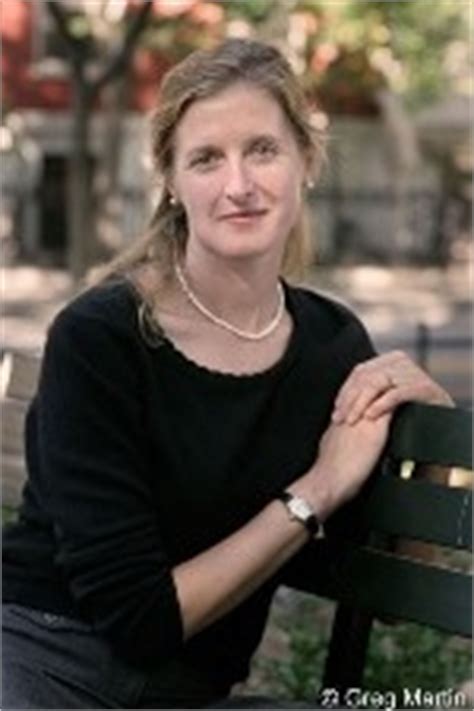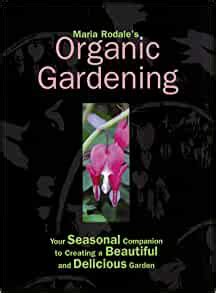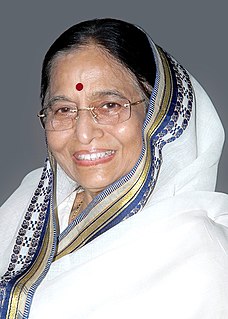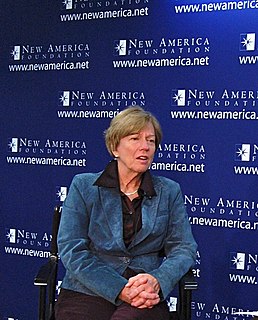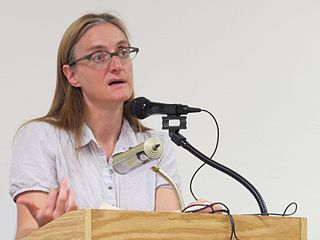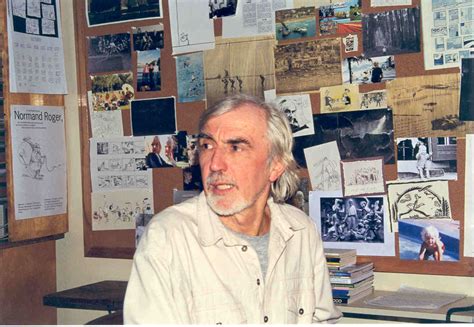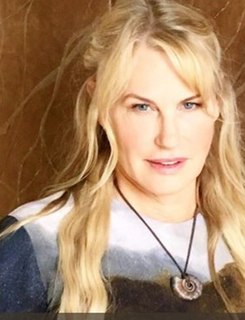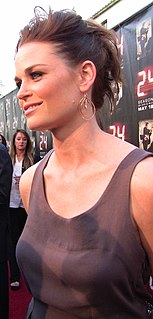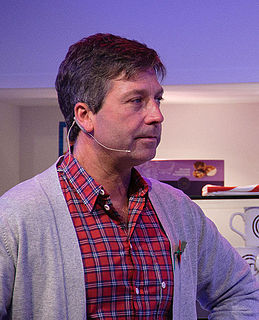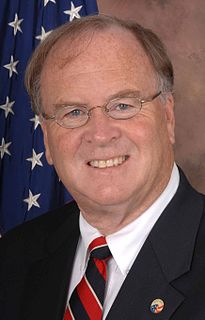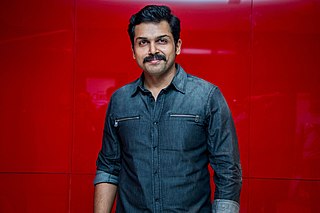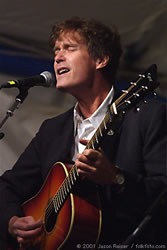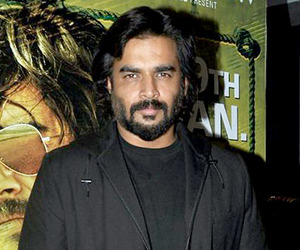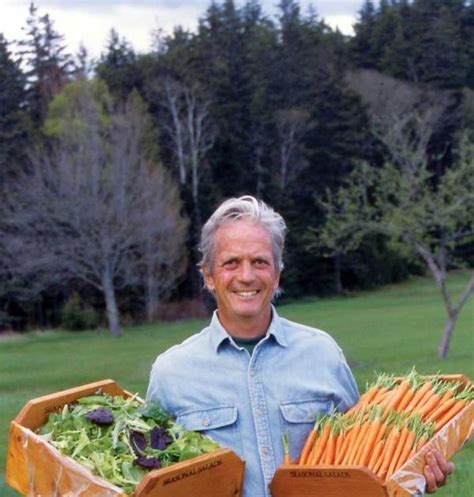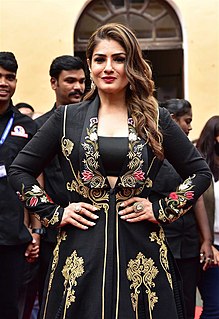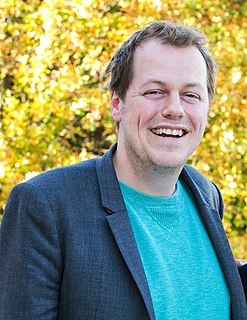Top 1200 Organic Farming Quotes & Sayings
Explore popular Organic Farming quotes.
Last updated on April 14, 2025.
It is vitally important that we can continue to say, with absolute conviction, that organic farming delivers the highest quality, best-tasting food, produced without artificial chemicals or genetic modification, and with respect for animal welfare and the environment, while helping to maintain the landscape and rural communities.
Organic is something we can all partake of and benefit from. When we demand organic, we are demanding poison-free food. We are demanding clean air. We are demanding pure, fresh water. We are demanding soil that is free to do its job and seeds that are free of toxins. We are demanding that our children be protected from harm. We all need to bite the bullet and do what needs to be done—buy organic whenever we can, insist on organic, fight for organic and work to make it the norm. We must make organic the conventional choice and not the exception available only to the rich and educated.
The measure discriminates definitely against products which make up what has been universally considered a program of safe farming. The bill upholds as ideals of American farming the men who grow cotton, corn, rice, swine, tobacco, or wheat and nothing else. These are to be given special favors at the expense of the farmer who has toiled for years to build up a constructive farming enterprise to include a variety of crops and livestock.
If you do just one thing—make one conscious choice—that can change the world, go organic. Buy organic food. Stop using chemicals and start supporting organic farmers. No other single choice you can make to improve the health of your family and the planet will have greater positive repercussions for our future.
There's a lot of research that suggests that organic yields are close or superior to conventional yields depending on factors like climate. In a drought year an organic field of corn will yield more - considerably more - than a conventional field; organic fields hold moisture better so they don't need as much water. It simply isn't true that organic yields are lower than conventional yields.
I don't know Hillary's Clinton stance on urban farming. I don't know Donald Trump's stance or Bernie Sanders's for that matter. But the Obamas have been amazing. You know, Michelle Obama, she planted that garden. She keeps bees there at the White House. Little known fact, though, is that Laura Bush also had an organic garden but she never told anyone about it.
Since chemical fertilizer burns out the soil organic matter, other farmers struggle with tilth, water retention, and basic soil nutrients. The soil gets harder and harder every year as the chemicals burn out the organic matter, which gives the soil its sponginess. One pound of organic matter holds four pounds of water. The best drought protection any farmer can acquire is more soil organic matter.
Had today's technophobic zealots [environmental activists] been in charge in previous centuries, we would have to roll human progress back to the Middle Ages - and beyond, since even fire, the wheel and organic farming pose risks, and none would have passed the "absolute safety" test the zealots demand. Putting them in charge now would mean an end to progress, and perpetual deprivation for inhabitants of developing nations.
An environmentalist can oppose factory farming because it's reckless stewardship. A conservative can oppose factory farming because it is destructive to small farmers and to the decent ethic of husbandry those farmers live by. A religious person can oppose factory farming because it is degrading to both man and animal - an offense to God.
I never use organic vegetables. Why would you want to? The idea of taking a courgette grown in a third-world country in an organic field, packed into a polystyrene box, flown across the oceans, washed in chlorinated water, packed into a foam box, driven halfway across the country, wrapped in plastic and stamped 'organic,' what's the point?
Organic Oreos are not a health food. When Coca-Cola begins selling organic Coke, as it surely will, the company will have struck a blow for the environment perhaps, but not for our health. Most consumers automatically assume that the word "organic" is synomymous with health, but it makes no difference to your insulin metabolism if the high-fructose corn syrup in your soda is organic.
Twelve thousand years ago, everybody on earth was a hunter-gatherer; now almost all of us are farmers or else are fed by farmers. The spread of farming from those few sites of origin usually did not occur as a result of the hunter-gatherers' elsewhere adopting farming; hunter-gatherers tend to be conservative.... Instead, farming spread mainly through farmers' outbreeding hunters, developing more potent technology, and then killing the hunters or driving them off of all lands suitable for agriculture.
It is now 14 years since I first suggested that organic farming might have some benefits and ought to be taken seriously. I shall never forget the vehemence of the reaction.. much of it coming from the sort of people who regard agriculture as an industrial process, with production as the sole yardstick of success.
